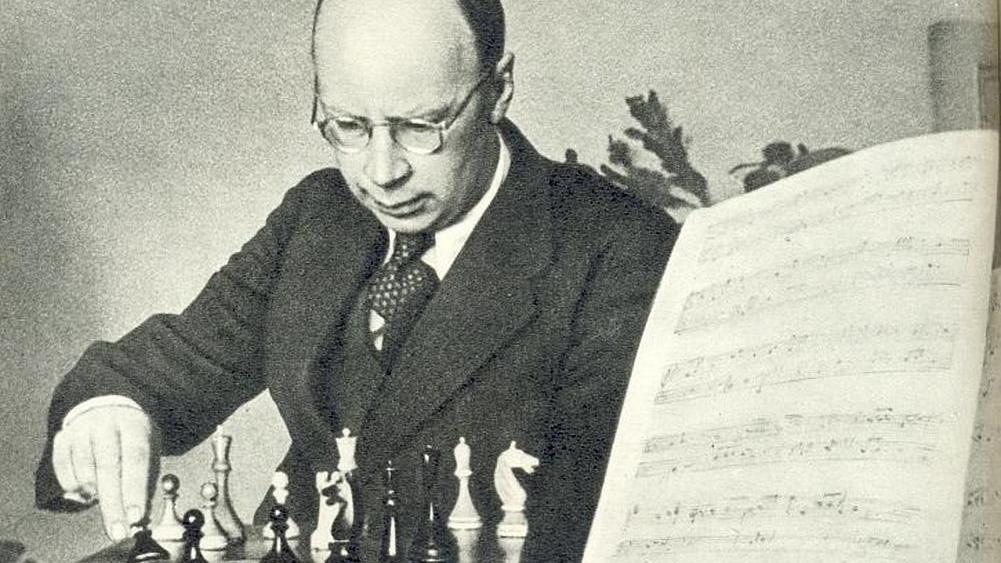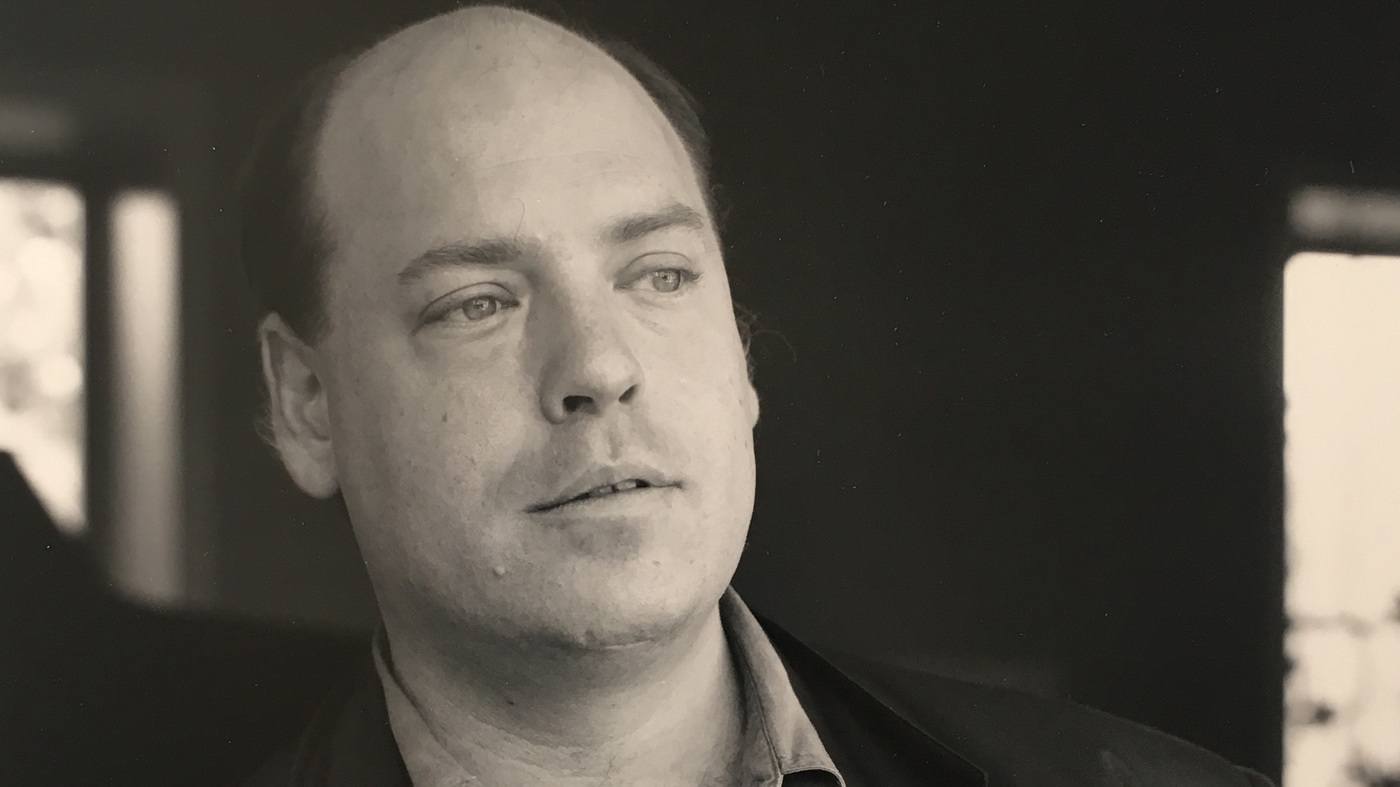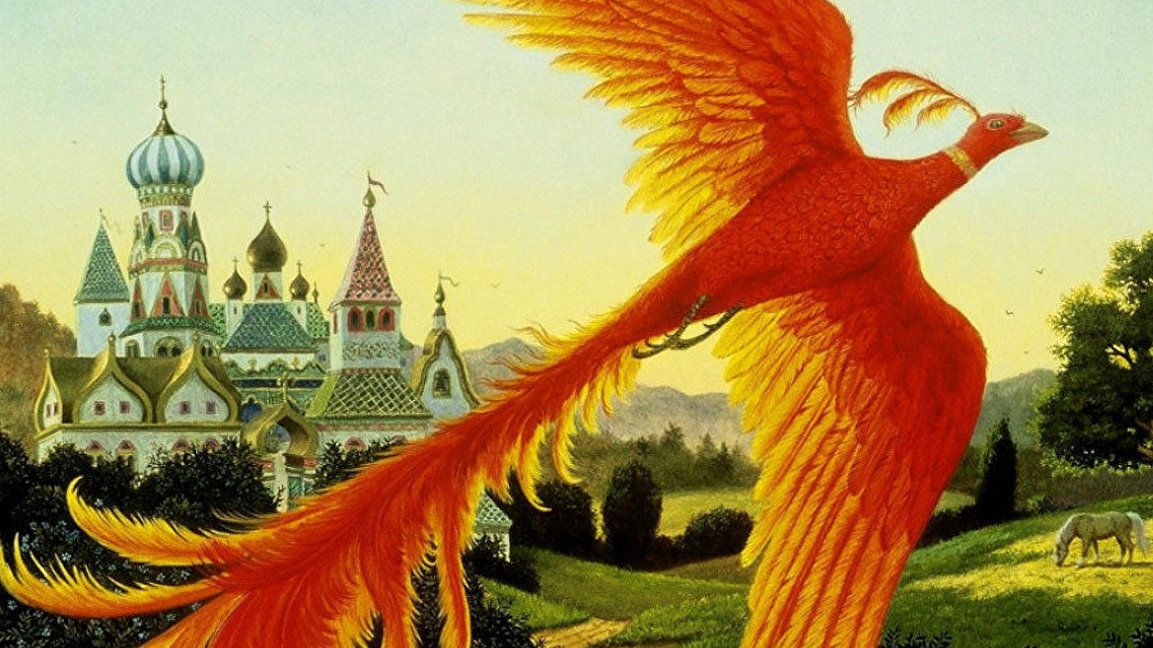Eight of Prokofiev’s Quirkiest Ballet Melodies
Last week, the Richmond Symphony returned to the orchestra pit for five performances of Sergei Prokofiev’s shimmering and comic 1944 ballet, Cinderella. Bringing off Prokofiev’s music, both technically and musically, often feels like solving a puzzle. Hovering somewhere between austere twentieth century Neoclassicism and moments of sudden lush Romanticism, this music is always keeping us off guard. We never know exactly how to take it. It is simultaneously humorous and sarcastic, cool and calculating (like …







